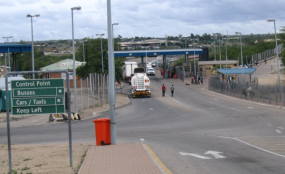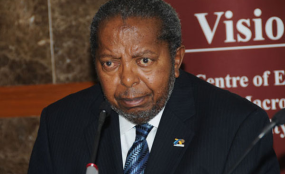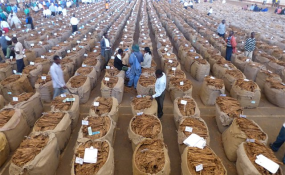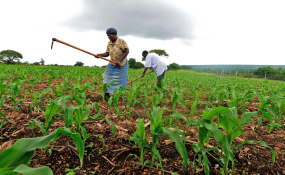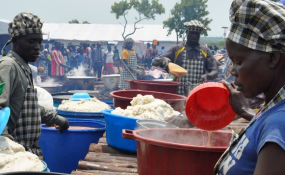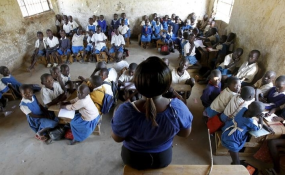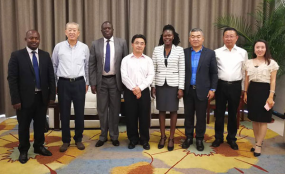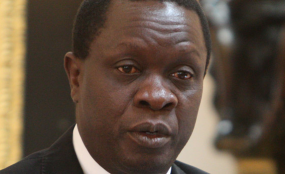By Felex Share
Zimbabwe has paid $8 million to Eskom of South Africa and Hydro Cahora Bassa (HCB) of Mozambique to avoid losing 350 megawatts as the country battles to liquidate arrears amounting to over $50 million. Eskom had threatened to switch off Zesa Holdings beginning yesterday. Zesa Holdings, Ministry of Energy and Power Development and Reserve Bank officials yesterday met Eskom management in South Africa where they presented an acceptable payment plan.
The power utility management on Monday met HCB officials in Harare over Zimbabwe’s debt which stands at $10 million.
Mozambique supplies Zimbabwe with 50MW, while Eskom — which is owed about $40 million — gives the country 300MW.
Speaking from South Africa, Zesa chief executive Engineer Josh Chifamba yesterday said the meeting with their counterparts was fruitful.
“We had tense and rigorous discussions,” he said.
“We had tough negotiations but finally they accepted our payment plan which they expect us not to default on. Any default means curtailment of power.”
Eng Chifamba declined to discuss the figures involved saying “that is confidential information”.
A source however, said: “The inclusion of Ministry of Energy and Power Development and RBZ officials was meant to strengthen Zesa’s commitment.
“The officials were guaranteeing and what is needed now is for them to walk the talk. We were on the verge of being switched off and that would have had a devastating impact on agriculture and the economy. To avoid being switched off and in the face of forex challenges we managed to pay $8 million to the two regional power utilities. They payment plan presented means the debt has to be cleared in the next four months.”
This is the second time in as many months that Zimbabwe faced a load shedding threat after Zesa Holdings failed to honour a payment plan it agreed on with the regional power utilities.
Zesa attributes the failure to foreign currency shortages.
Any load shedding at the moment will deal a major blow to industry as well as agricultural activities at the Grain Marketing Board depots and the winter wheat farming underway.
Zesa in May agreed to pay Eskom about $10 million monthly to clear its areas amounting to over $45 million.
This would have seen the debt being liquidated in four months.
At the same time, the power utility agreed to pay for current supplies.
Foreign currency shortages have seen Zesa failing to meet the payment obligations.
Zimbabwe has been relying on power imports from South Africa and HCB of Mozambique to boost supplies as a way of promoting production in the economy.
Zimbabwe consumes about 1 400MW daily.
Yesterday the power stations in the country were generating 1 159MW.
The country has been receiving steady power supplies since December 2015 as a result of various initiatives such as imports.
Zesa is refurbishing its power stations while also working on expansion projects in Kariba and Hwange.
The projects take time to complete hence the decision by Zesa to rely on power imports.
The country’s economic blueprint, Zim-Asset, identifies energy as a key enabler under infrastructure and utilities, as well as the value addition and beneficiation initiatives.
This cluster needs massive support and its failure spells doom for the country.


